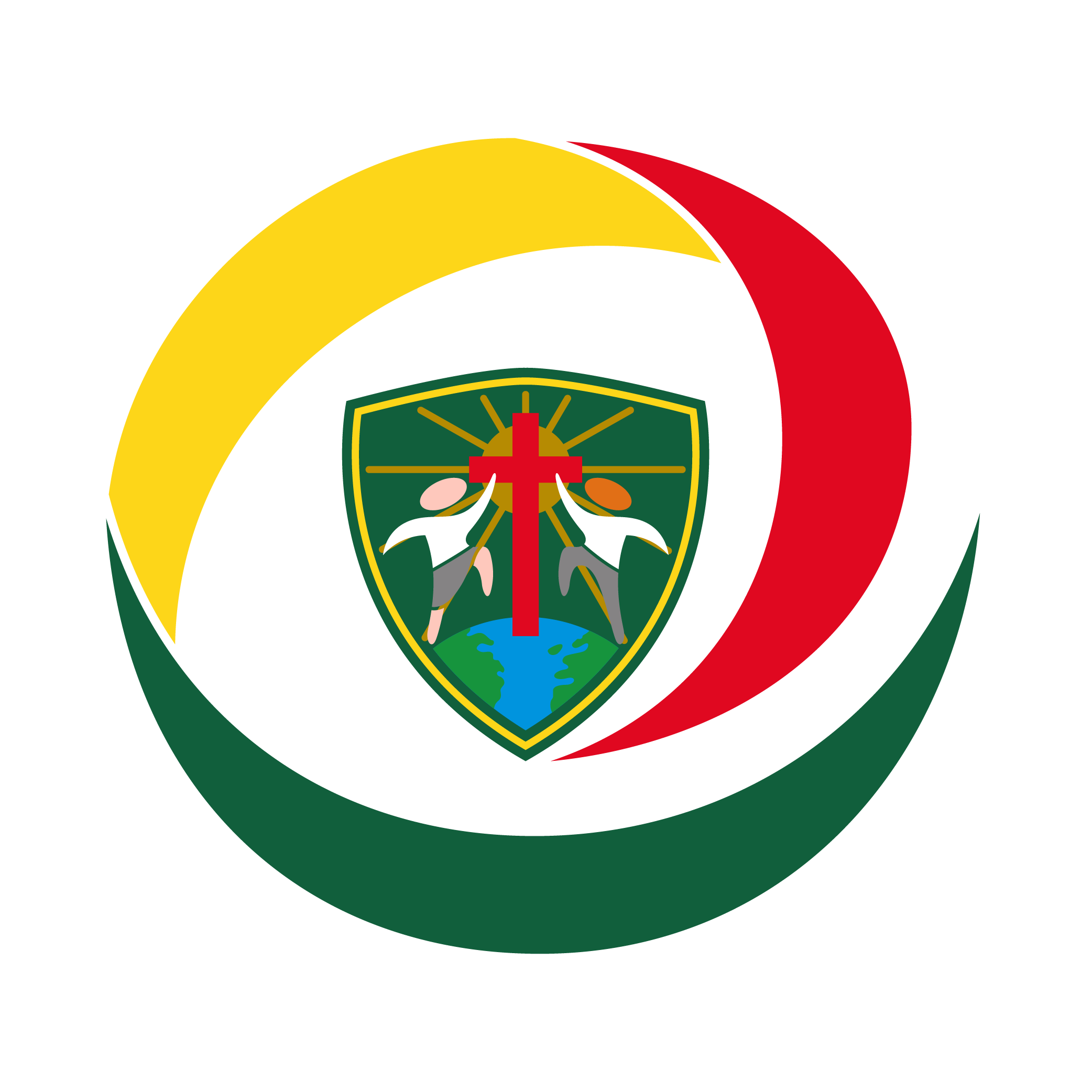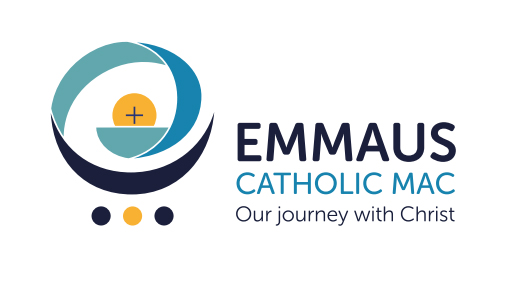In accordance with The Department for Education we aim to actively promote British values in schools to ensure young people leave school prepared for life in modern Britain.
Pupils are encouraged to regard people of all faiths, races and cultures with respect and tolerance and understand that while different people may hold different views about what is ‘right’ and ‘wrong’, all people living in England are subject to its law.
At St Francis Xavier’s Catholic Primary School in close alignment, and in conjunction, with our Catholic Ethos, and the Gospel values, we uphold and teach pupils about British Values which are defined as:
- Democracy
- Rule of law
- Individual liberty
- Mutual respect
- Tolerance of those of different faiths and beliefs
These values are taught explicitly through Religious Education (RE) and implicitly through our expectations, behaviour policy and approach to nurture. We also teach British Values through planning and delivering a broad and balanced curriculum.
The school takes opportunities to actively promote British Values through daily collective worship and whole school systems and structures such as Behaviour awards, Faith awards, charitable fundraising events, individual pupil led initiatives and electing and running a successful School Council.
We also actively promote British values through ensuring that our curriculum planning and delivery includes real opportunities for exploring these values.
We promote the gospel values explicitly through interpretation of the Jesuit Virtues tree - this allows for individual discussion and reflection of specific values and virtues which our teaching and beliefs value, eg. attentiveness, compassion, trust.
At St Francis Xavier Catholic Primary School, these values are reinforced regularly, in the following ways:
Democracy
Democracy is an important value at our school. Pupils have the opportunity to have their voices heard through our School Council. The elections of members of the School Council are based on pupil votes.
They also have opportunities to raise and take charge of simple projects which support our Catholic Ethos and value opinions and visionary thinking.
Our approach to self and peers assessment also supports their active involvement in their own destiny and outcomes. Intervention and pragmatic groups run to aid children who find it difficult to know how to react in a given situation.
From EYFS, children are encouraged to think for themselves and self esteem and self belief are valued highly.
In Key Stage 1 their independence and opinions are sought in supporting their class to solve problems and consider strategies for teamwork, especially on the playground. They are encouraged to think for themselves and rewarded for their ability to support others.
In Key Stage 2 much circle time and coaching takes place to support children to learn from their mistakes and to see themselves as important valued, thinking members of the school community. Productions and assemblies are increasingly prepared and adapted by children - expectation to lead and to listen are expected.
The Rule of Law
The importance of laws and rules, whether they are those that govern the class, the school or the country, are consistently reinforced throughout regular school days. Our system for behaviour is aligned to our faith and is adhered to effectively. Class rules and expectations are drawn up and displayed annually in child friendly speak - children are reminded of these regularly.
Children are asked to identify which aspect of the school’s behaviour expectations code they have broken to ensure that this connection is made and understood. Pupils are taught the value and reasons behind laws, that they govern and protect us, the responsibilities that this involves and the consequences when laws are broken.
Visits from authorities such as the police, fire service etc. are regular parts of our calendar and help reinforce this message. Links with biblical messages and God’s laws of forgiveness are also valued at St Francis Xavier Catholic Primary School within the context of learning from our mistakes.
To encourage and promote good behaviour, attitude and work, we have devised a Behaviour and a Faith award system which are consistently followed throughout the school.
We are committed to praising children’s efforts. We endeavour to praise the children informally, individually, during group work, in front of the whole class and the whole school. Congratulations assemblies are the highlight of the school calendar. Children are rewarded not only for achievement in curriculum areas, but for behaviour, success out of school and general adherence to the Schools mission statement and Behaviour expectations.
Rewards are given in the form of stars of the week certificates, stickers, house points merits and dojos.
Individual Liberty
Pupils are actively encouraged to make choices at our school, knowing that they are in a safe and supportive environment. As a school we provide boundaries for our children to make choices safely, through the provision of a safe environment and a planned curriculum.
Pupils are encouraged to know, understand and exercise their rights and personal freedoms and are advised how to exercise these safely, for example through our e-Safety teaching. Pupils are given the freedom to make choices, eg. signing up for extra-curricular clubs. They are also expected to respect the individual liberty of others in their class and in their school.
Conflict and arguments are expected to be resolved, over time, with good guidance and adult supervision.
Children are expected, in line with the gospel values we uphold, to embrace disability and differences and recognise the need for individual liberty, at a level appropriate to their abilities.
Tolerance of those of different Faiths and Beliefs
This is achieved through enhancing pupils’ understanding of their place in a culturally diverse society and by giving them opportunities to experience such diversity in our local community.
Collective Worship and discussions involving prejudices and prejudice-based bullying have been followed and supported by learning in RE and PSHE. We use annual opportunities to learn about other cultures, built into our curriculum. We also take part in individual studies of world faiths each year.
We embrace historic social role models through Black History month and through our RE curriculum and we encourage children to learn about the diverse world we live in through exploration of our communities, at parish and social level, eg. visits from religious life; speakers from differing religions; visits to different religious holy buildings.
Topical events such as the Olympics and World Cup are also effective vehicles for diverse learning.





